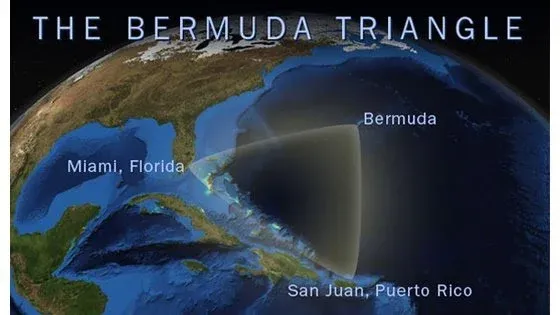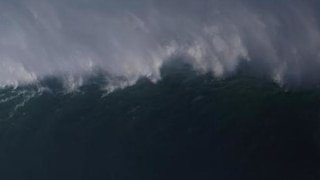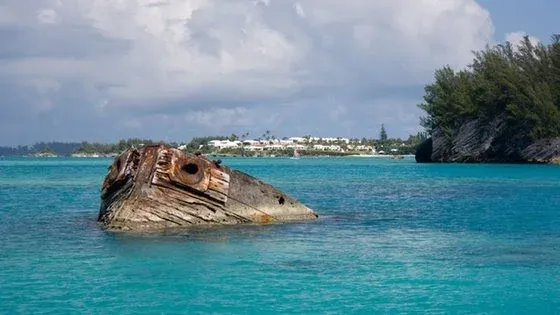The Bermuda triangle, a patch of the Atlantic ocean linked with the disappearance of ships and planes, has long given excitable imaginations fodder (Explanations have featured extraterrestrials and "time warps"). But according to reports, some scientists think the 'mystery' of the missing boatscan be blamed on something simpler: Waves.
Yes, waves -- but not the friendly, beachside kind that tickles your bare toes and wrecks your sandcastles. We're talking about naturally-occurring "rogue waves".

LiveScience says there's nothing new about this idea, but points out that scientists from Britain "recently discussed the evidence for freak waves and other theories (including the role of human error) in a three-episode [Channel 5] documentary series "The Bermuda Triangle Enigma"."The Sun newspaper reports that the research team ran a simulation that showed "how huge boats can be overcome by the monster waves".

The Bermuda triangle is located off the coast of Florida, and above Cuba. Dr Simon Boxall, an expert from the University of Southampton, told the Sun that a coming together of three storms in the region can produce "a potentially deadly formation of rogue waves".
But hold on a bit. Is the Bermuda Triangle mystery even....well, a mystery?
Here's what the US government's National Ocean Service thinks:
"Environmental considerations could explain many, if not most, of the disappearances. The majority of Atlantic tropical storms and hurricanes pass through the Bermuda Triangle, and in the days prior to improved weather forecasting, these dangerous storms claimed many ships. Also, the Gulf Stream can cause rapid, sometimes violent, changes in weather. Additionally, the large number of islands in the Caribbean Sea creates many areas of shallow water that can be treacherous to ship navigation. And there is some evidence to suggest that the Bermuda Triangle is a place where a "magnetic" compass sometimes points towards "true" north, as opposed to "magnetic" north... There is no evidence that mysterious disappearances occur with any greater frequency in the Bermuda Triangle than in any other large, well-traveled area of the ocean."
.jpg)
And when the World Wildlife Fund listed "key hotspot locations" in a 2013 report on shipping accidents, it mentioned regions including Southeast Asia and the east Mediterranean -- but not the Bermuda triangle.
Please give your feedback.
Thank you
@shanulove